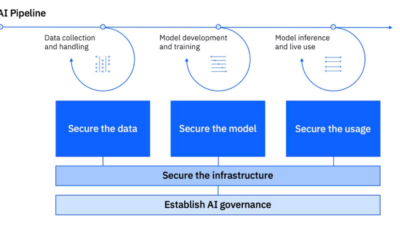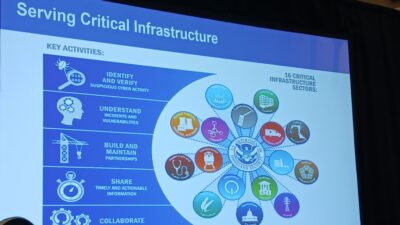Cyber criminals are taking advantage of COVID-19 forcing the majority of employees forced to work remotely. Europol published an updated threat assessment after monitoring the impact of coronavirus and cybercrime.

Attackers taking advantage of COVID-19 is truly a global phenomenon. Whether it is in the United States, Asia, South America, Australia or Europe, criminals have been quick to seize opportunities to exploit the crisis by adapting their operations and engaging in new types of assaults.
Cybercriminals have been among the most adept at exploiting the pandemic and Europe is no different than anywhere else. With a record number of potential victims staying at home and using online services across the European Union (EU), the ways for cybercriminals seeking to exploit emerging opportunities and vulnerabilities have multiplied.
Europol has been monitoring the impact of the COVID-19 pandemic on the cybercrime landscape since the beginning and has published an updated threat assessment of potential further developments.
Among the forms of cybercrime analyzed include:
- Ransomware
- Distributed denial of service (DDoS)
- Child sexual exploitation
- The dark web
- Hybrid threats: Disinformation and interference campaigns.
“This pandemic brings out the best but unfortunately also the worst in humanity,” said Europol executive director Catherine De Bolle. “With a huge number of people teleworking from home, often with outdated security systems, cybercriminals prey on the opportunity to take advantage of this surreal situation and focus even more on cybercriminal activities. With this report we want to warn individuals, companies, public institutions and other organizations about these criminal activities.”
The findings of this report are mainly based on contributions from EU Member States and Europol’s partner countries.
The main findings from the report include:
- The impact of the COVID-19 pandemic on cybercrime has been the most visible and striking compared to other criminal activities
- Criminals active in the domain of cybercrime have been able to adapt quickly and capitalize on the anxieties and fears of their victims
- Phishing and ransomware campaigns are being launched to exploit the current crisis and are expected to continue to increase in scope and scale
- Activity around the distribution of child sexual exploitation material online appears to be on the increase, based on a number of indicators
- Both criminal organizations, states and state-backed actors seek to exploit the public health crisis to advance geopolitical interests.

